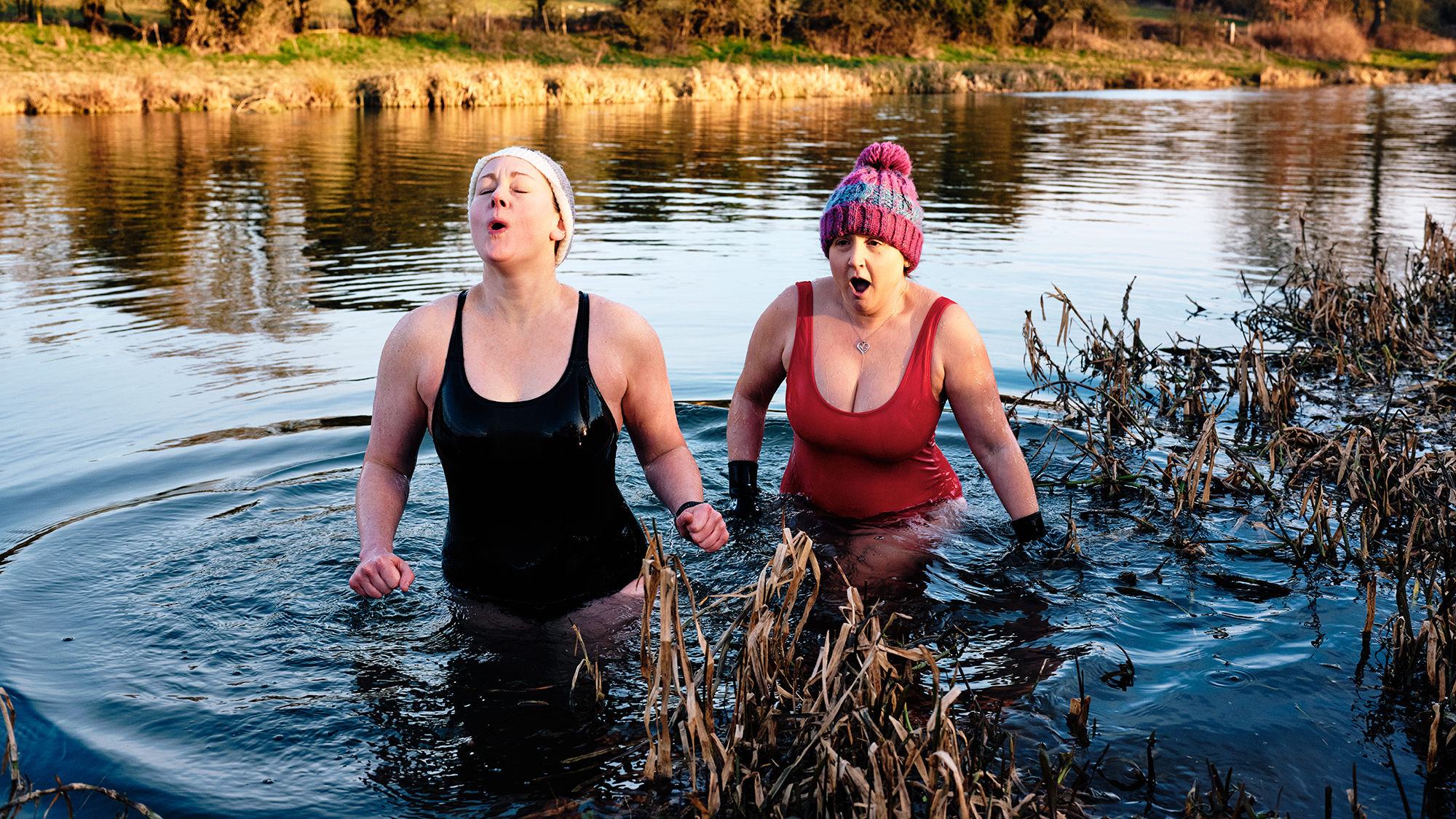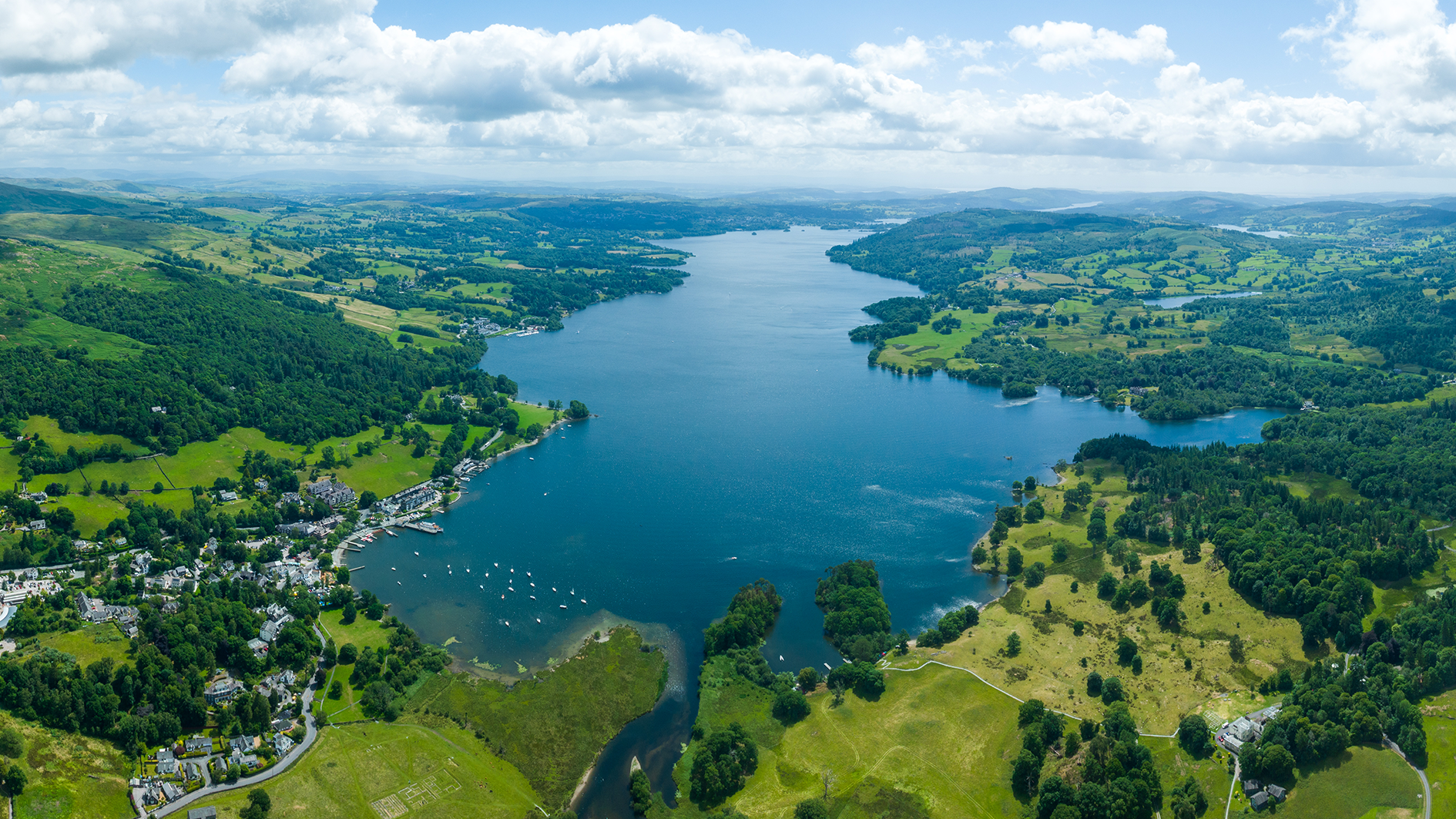
Wild swimmers in the UK could soon be able to safely enjoy some of their favorite swimming spots all year round, as new government plans look to ramp up water testing.
There are currently 550 wild ‘bathing sites’ in the UK, which are annually tested for harmful bacteria during the summer swimming season, between May and September. Classifying the water quality as ‘excellent’, ‘good’, ‘sufficient’, or ‘poor’, ratings inform swimmers which spots are safe to swim in during the summer.
However, thanks to a sharp rise in the popularity of cold water swimming, government officials are considering testing some sites all year round.
Announced this week, a government consultation will consider whether regulators should be allowed more freedom to determine different swimming seasons for individual sites. Should plans go ahead, regulators could extend the swimming seasons of certain sites to all year round, allowing for testing at any time of the year.
Proposed plans would also see improvements made to the water testing process, introducing multiple testing points so swimmers can get a clearer idea of the water quality.

Described as a ‘chemical cocktail’ by lawmakers, British and Northern Irish waters have been bombarded with pollution in recent years. Thanks to the excessive use of pesticides and fertilizer, and the (often illegal) release of untreated sewage, many previously popular swimming spots are now avoided.
Just last month, a BBC investigation claimed that 36 million gallons of potentially hazardous, untreated sewage were illegally pumped into Lake Windermere from the beginning of 2021 to the end of 2023. In that time, the lake thrice hosted the UK's largest wild swimming event, welcoming upwards of 30,000 people for a dip.
This pollution has been devastating for the UK’s wild swimming community. In June, at least 35 fell ill after swimming through a part of the River Thames which was previously considered to be safe, during the Royal Windsor Triathlon. The ‘Clean Water Alliance’ has even warned that Great Britain’s Olympic success could be in jeopardy, as wild swimmers and other water-based athletes will no longer be able to safely practice.
Despite the growing pollution problem, wild swimming in the UK has exploded in popularity. Research from the Outdoor Swimming Society estimates that upwards of seven million Brits head into rivers, lakes and seas for a swim each year, making it one of the nation’s most popular pastimes.
If you're thinking of braving a winter dip, make sure you’re prepared by reading our editor's article 6 things I wish I'd known before starting wild swimming which includes tips on what to do when you're unsure of the quality of the water you're swimming in.
You can also check out our guide to the very best wild swimming spots in the UK and the US.







